Designing a More Resilient Bay Area
This article shows the final design proposals from the RBD design teams.
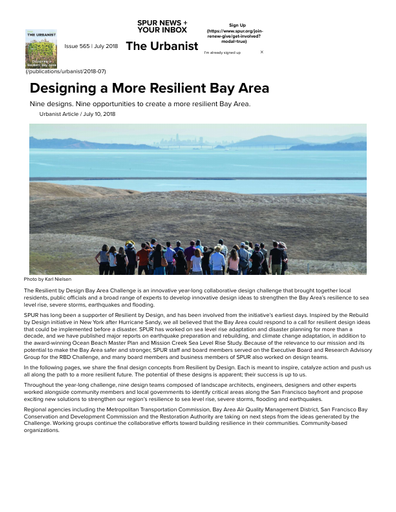
This article shows the final design proposals from the RBD design teams.
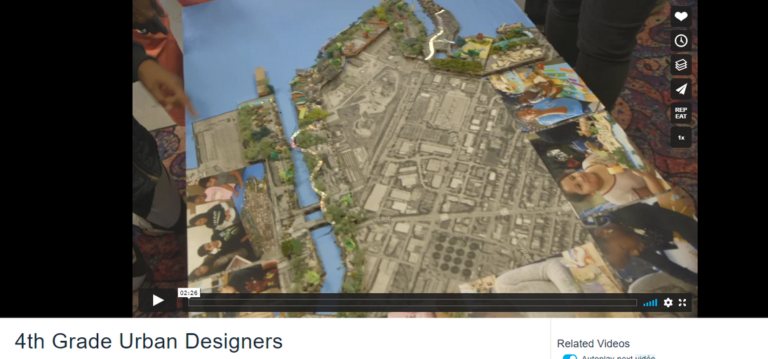
This video features 4th graders from Malcolm X elementary showing a bit of their designs for the Y-PLAN|RBD project. They talk about why they care about sea level rise.
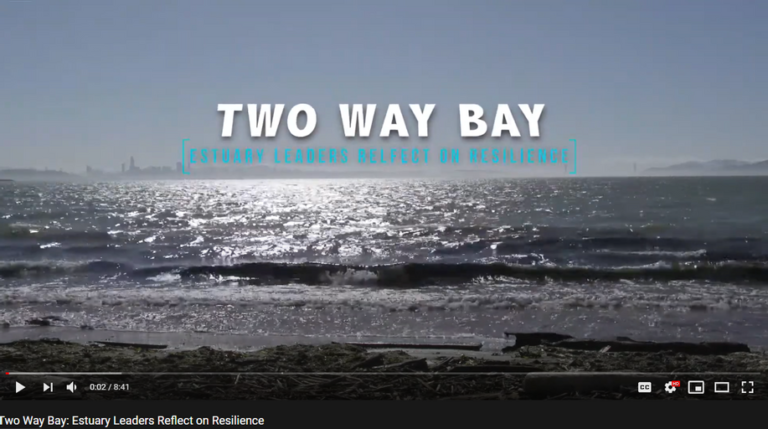
This 8-minute film interviews eight directors of water quality, restoration, and environmental programs around the San Francisco Estuary about their experience of the 2017-2018 Resilient by Design Bay Area Challenge. ESTUARY News asked these leaders — some of whom also sit on the SF Estuary Partnership’s Estuary Blueprint Implementation Committee — how the results of…
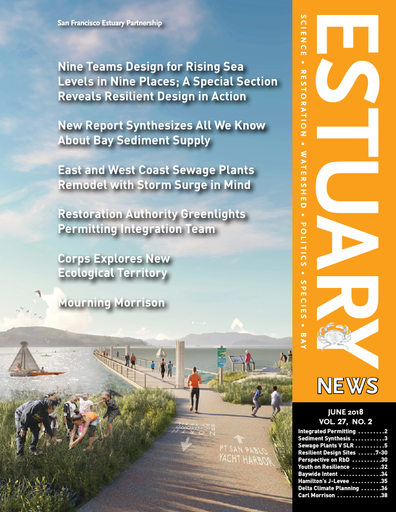
Estuary News Magazine wrote an article about the partnership between Y-PLAN and RbD focusing on the agency students gain through the Y-PLAN process. They argue that Y-PLAN encourages city officials to actively engage youth in the planning process by being intentional about including youth and not just setting up programs that are marginal to the…
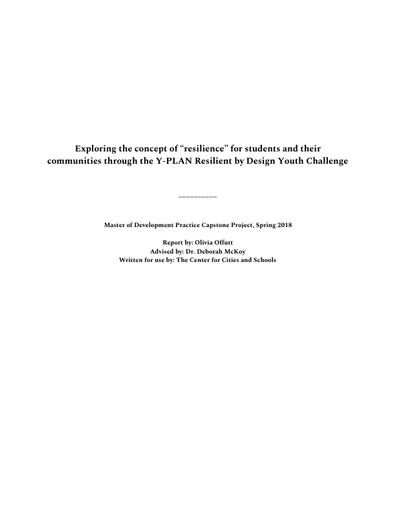
In response to rapidly changing environmental and political climates around the world, governing agencies are grappling with the notion of resilience. How can communities continue to thrive with chronic and acute threats such as sea level rise, drought, fire, growing inequality, and unaffordable housing? Community engagement is often sought by governing agencies in determining answers…
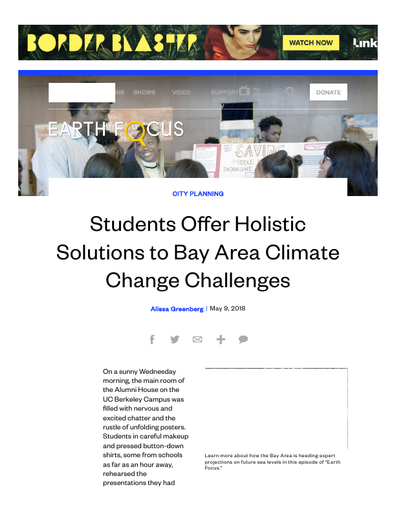
Students from all over the Bay Area gathered in Alumni Hall for the final Y-PLAN presentations in partnership with RBD. Their proposals were about sustainability but they encompassed more than sea level rise, they represented a more holistic idea of sustainability being one that includes the health, and social well being of a community rather…
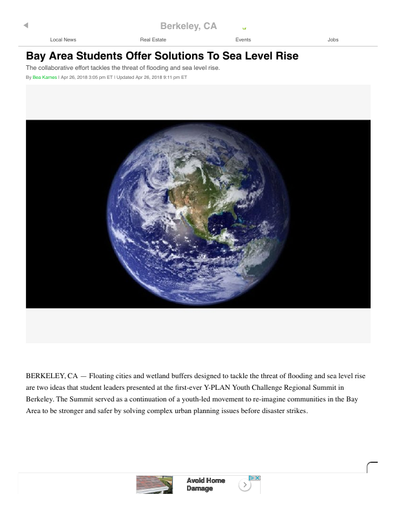
This article talks about the important role Y-PLAN plays in connecting students with real life community partners. It also argues that the students’ proposals could be used to propel plans in the community.
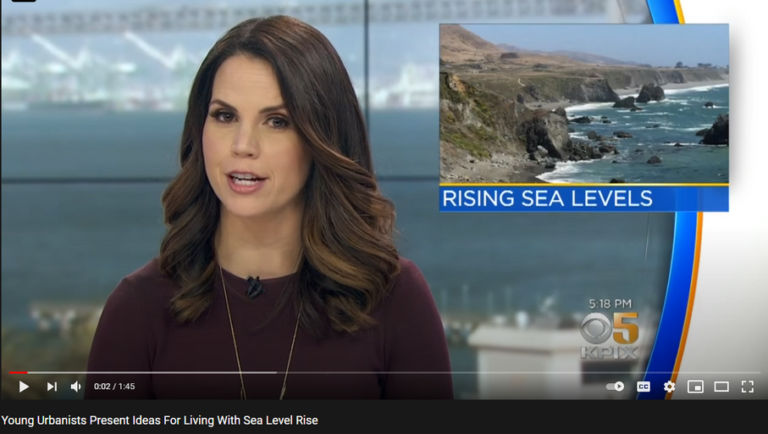
This is a segment from CBS Bay Area news that includes interviews from Y-PLAN students discussing their RBD projects
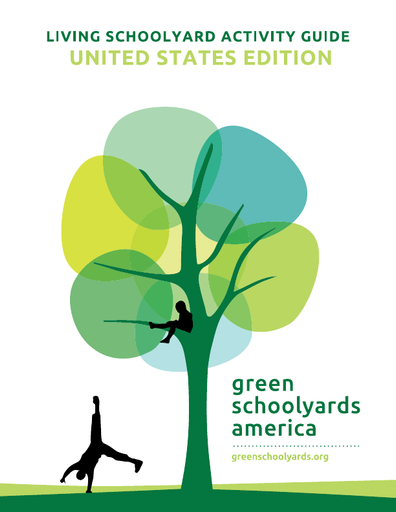
Page 79 of this activity guide is an activity for teachers and students to explore their school grounds and look for examples of resiliency as well as come up with ways their school can be more resilient. The lesson plan uses fundamental aspects of the Y-PLAN methodology like working with young people and allowing them…

This article introduces the Resilient by Design competition and it’s focus on Bay Area sea level rise. It also shows the 9 regions the design teams will be working with, which are the regions Y-PLAN students also worked with in this partnership.
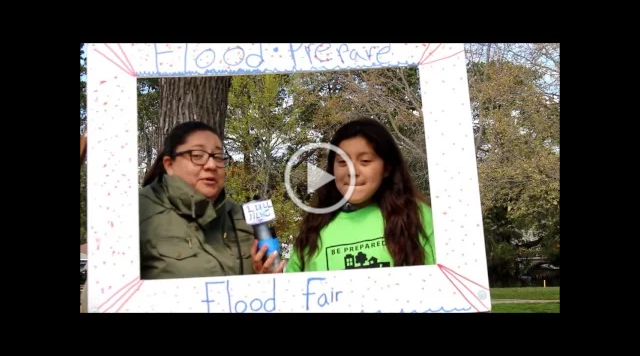
This is a video of interviews with different community members who attended the Flood Fair to learn more about sea level rise and community resilience.
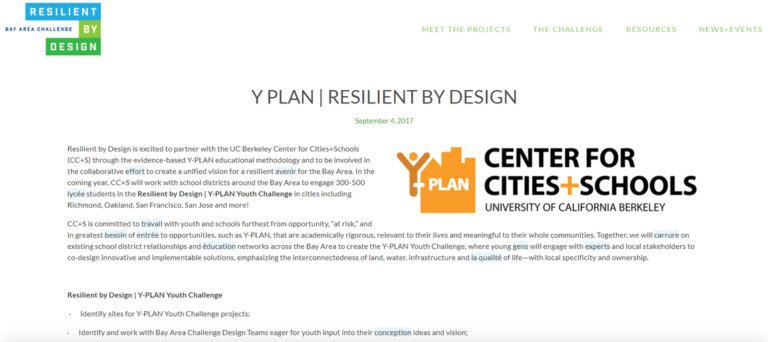
This blog was written by Resilient by Design describing their exciting partnership with Y-PLAN. “Resilient by Design is excited to partner with the UC Berkeley Center for Cities+Schools (CC+S) through the evidence-based Y-PLAN educational methodology and to be involved in the collaborative effort to create a unified vision for a resilient future for the Bay…
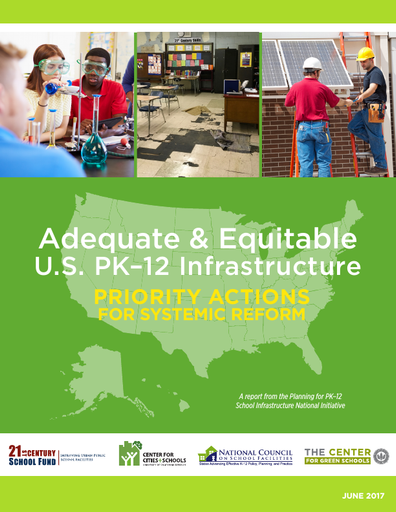
A joint report from the Center for Cities + Schools, 21st Century School Fund, Center for Green Schools, and National Council on School Facilities Our country’s elementary and secondary (PK–12) public school infrastructure is in crisis. Every day, millions of children in the U.S. attend public school in unhealthy, unsafe, educationally inadequate, environmentally unsustainable, and…
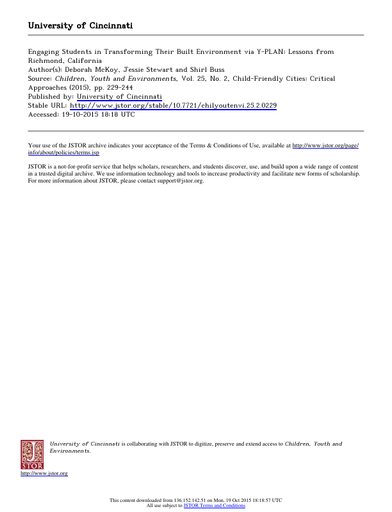
This field report describes how high school students from Richmond, California used an innovative educational strategy called Y-PLAN (Youth – Plan, Learn, Act, Now) to actively participate in the planning and transformation of their school, neighborhoods and city. Our description follows students through the five-step YPLAN process, highlighting how they effectively challenged the ways in…
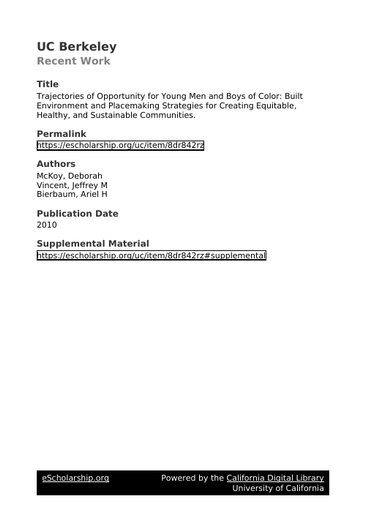
CC+S chapter in the book Changing Places: How Communities Will Improve the Health of Boys of Color (edited by Christopher Edley, Jr. and Jorge Ruiz de Velasco; University of California Press 2010). The book draws attention to the urgent need— both economic and moral—to better understand the policy and community- based factors that serve as…
End of content
End of content